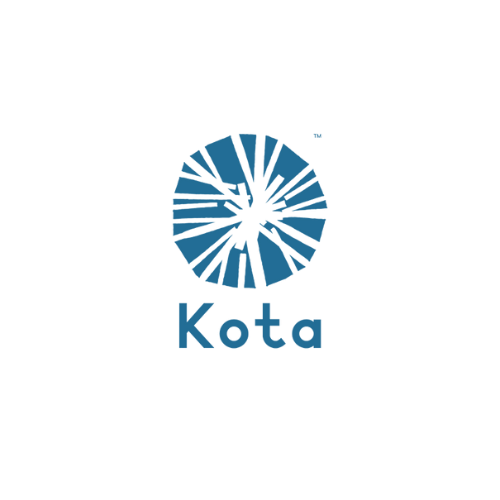No Equal Opportunity without Adequate Menstrual Management
By Jaana Rehnstrom MD MPH
When we speak about gender equality, it is obvious that men and women, in most parts of the world, are not equal and do not have equal opportunities. The biological differences between the sexes are a fact, a necessity and a source of richness in life; but also lead to a real lack of opportunity for women even without male-dominated society using it as an excuse for oppression. The life-changing event of your first period restricts opportunities for girls to develop to their full potential in many parts of the world and often consigns them to a cycle of pregnancy and childbearing and domestic obligations, and not by choice.
The appearance of the monthly period can be a source of validation of one’s femininity and a welcome sign of not being pregnant. However, for many women, the days of cramping and heavy flow, requiring attention to hygiene and restricting from many daily activities is a burden. Many women also have abnormally heavy or frequent episodes of bleeding resulting in anemia and consequent lack of energy and susceptibility to other illnesses, while thinking this is all normal and to be endured.
When it comes to managing a normal period, the first order of priority is probably adequate sanitary facilities in schools and work places, where girls and women and change their pads or tampons and discard them appropriately – a big problem in many parts of the developing world. Having more choices for materials is also important: in addition to tampons of several sizes, several small organizations are springing up both in the US and abroad, providing reusable cloth pad options, absorbing underwear, and latex or silicone menstrual cups. The latter are probably the most environmentally friendly, but it is worth noting that pads and tampons contribute only to 0.5% of landfill waste ( in comparison to packaging of everything that we buy: 26% – see a good article on this here.) Also the health risks of tampons have been exaggerated in the past; toxic shock syndrome is extremely rare these days after a change in tampon manufacturing over a decade ago . A good recent summary from the FDA is found here.
Medical advances really have made possible enormous strides in women’s opportunities to health, education, and employment. A normal period could be said to come approximately once a month, last 3-7 days, and involve one or two days of mild cramping, treatable with ibuprofen or similar over-the-counter painkillers. Even these normal periods, however, can be restrictive, and there is no reason, absent medical contraindications, not to use the best methods to control your periods: hormonal methods such as oral contraceptives (birth control pills or the vaginal ring) , or long-acting ones such as the hormone IUD (inserted into the uterus by a doctor or nurse/midwife) or implants (inserted under the skin in the upper arm). Simultaneously, of course, these methods prevent pregnancy, and in an ideal world, every woman at risk for unwanted pregnancy would be using one of these.
In my work as a gynecologist, I hear a lot of reluctance to hormone use, mainly because it is “unnatural”. To me, this is an unpersuasive argument. If we revert to the natural state, then we are precisely in the situation that so many women in the developing world are: getting pregnant soon after having one’s first period, having many children, breastfeeding in between, and having a chance of dying in childbirth 1000 times what it is today in the developed world (Finland vs. Chad: http://data.worldbank.org/indicator/SH.MMR.RISK) In this scenario, it is actually not common for a woman to have hundreds of periods in her lifetime, because they get interrupted by pregnancies and breastfeeding.
In today’s world, we do a lot of things that are “unnatural” – starting from changing our appearance by dying our hair, shaving excess body hair, inserting breast implants and more invasively, joint implants; we take preventive medications for high cholesterol and treat low thyroid function with thyroid hormones…..yes we manipulate our bodies and as a consequence enjoy longer, more active, and more fulfilling lives. If using birth control pills or the hormone IUD, it is not necessary for a woman’s health to have her period and with these methods she will not have one at all, or it will be very light. Pills, which suppress ovulation, have also been shown to decrease a woman’s chance of ovarian cancer by 50%. The only major side-effect is an increased tendency for blood clotting, but the absolute numbers are so small that for most women the risk is definitely worth taking (on the order of 3-6/100,000 women/year). So if you have access to health care, and are unhappy with the way your period is affecting your life, don’t hesitate to discuss with your health care provider what can be done!
And speaking of access to health care, if you have not already taken action to stop the defunding of Planned Parenthood, please do so here.

